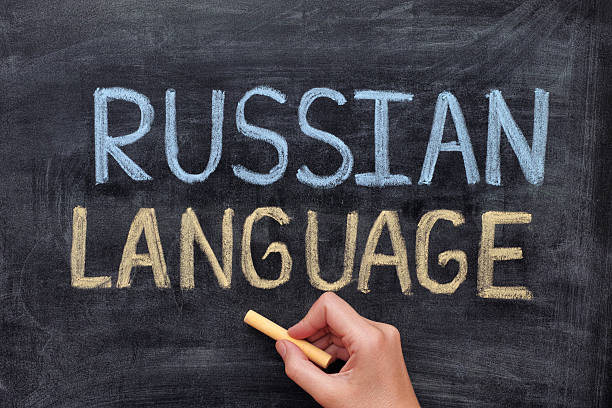Learning a new language opens doors to countless opportunities, and Russian stands as one of the most rewarding yet challenging languages to master. With over 258 million speakers worldwide, Russian serves as a gateway to understanding Eastern European culture, literature, and business opportunities. However, the decision to learn Russian language through intensive methods requires careful consideration of both benefits and potential drawbacks.
Advantages of Intensive Russian Learning
Intensive language programs deliver remarkable results within shorter timeframes. Students typically achieve intermediate proficiency in 6-12 months compared to 2-3 years in traditional settings. This concentrated approach maintains linguistic momentum, preventing the common plateau effect that occurs with sporadic study schedules.
Intensive programs often incorporate cultural elements that extend beyond basic language mechanics. Students gain insights into Russian history, traditions, and social customs that enhance their overall linguistic competence. This holistic approach creates more authentic communication abilities.
Russian proficiency opens numerous career paths in international business, diplomacy, translation, and journalism. Many multinational corporations actively seek professionals with Russian language skills, particularly in energy, technology, and manufacturing sectors.
Challenges of Intensive Russian Learning
Russian presents unique challenges that intensive programs must address:
- Six grammatical cases affecting noun, adjective, and pronoun forms
- Aspectual verb system distinguishing between perfective and imperfective actions
- Flexible word order requiring advanced understanding of sentence structure
- Palatalization affecting pronunciation and spelling patterns
Intensive programs require significant time commitment, often 4-6 hours daily of structured learning plus additional homework. This demanding schedule can lead to:
- Cognitive overload
- Stress and burnout
- Reduced retention rates
- Limited time for practice application
Making the Decision
Consider your personal circumstances, learning style, and long-term objectives. Intensive programs excel for career-focused learners with specific deadlines, while traditional approaches suit those seeking gradual, sustainable progress. The key lies in honest self-assessment of your commitment level and available resources.
Russian language mastery rewards persistent effort with access to rich literary traditions, emerging business markets, and meaningful cross-cultural connections. Whether through intensive or traditional methods, the journey toward fluency represents an investment in both personal growth and professional development that extends far beyond linguistic skills alone.



































